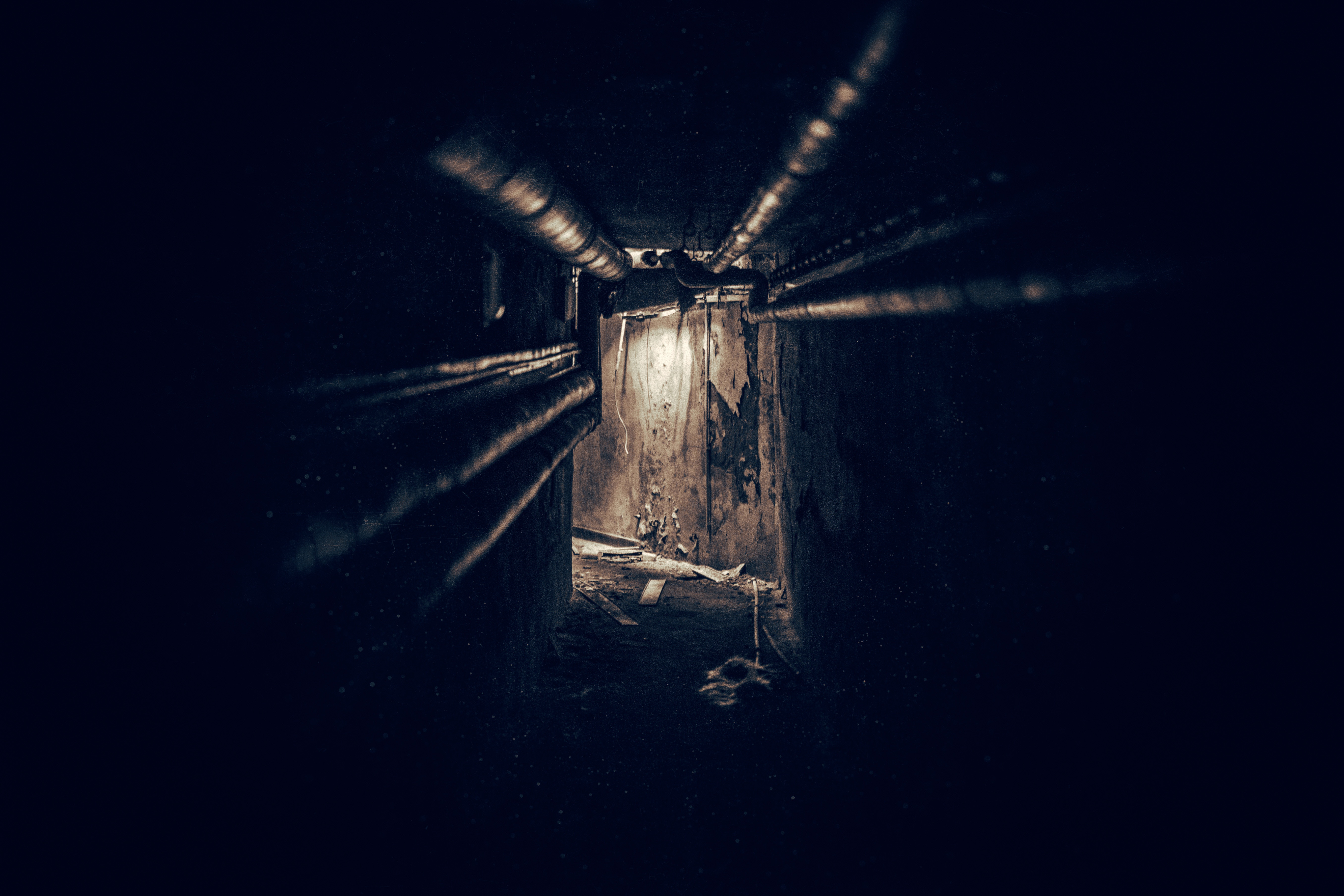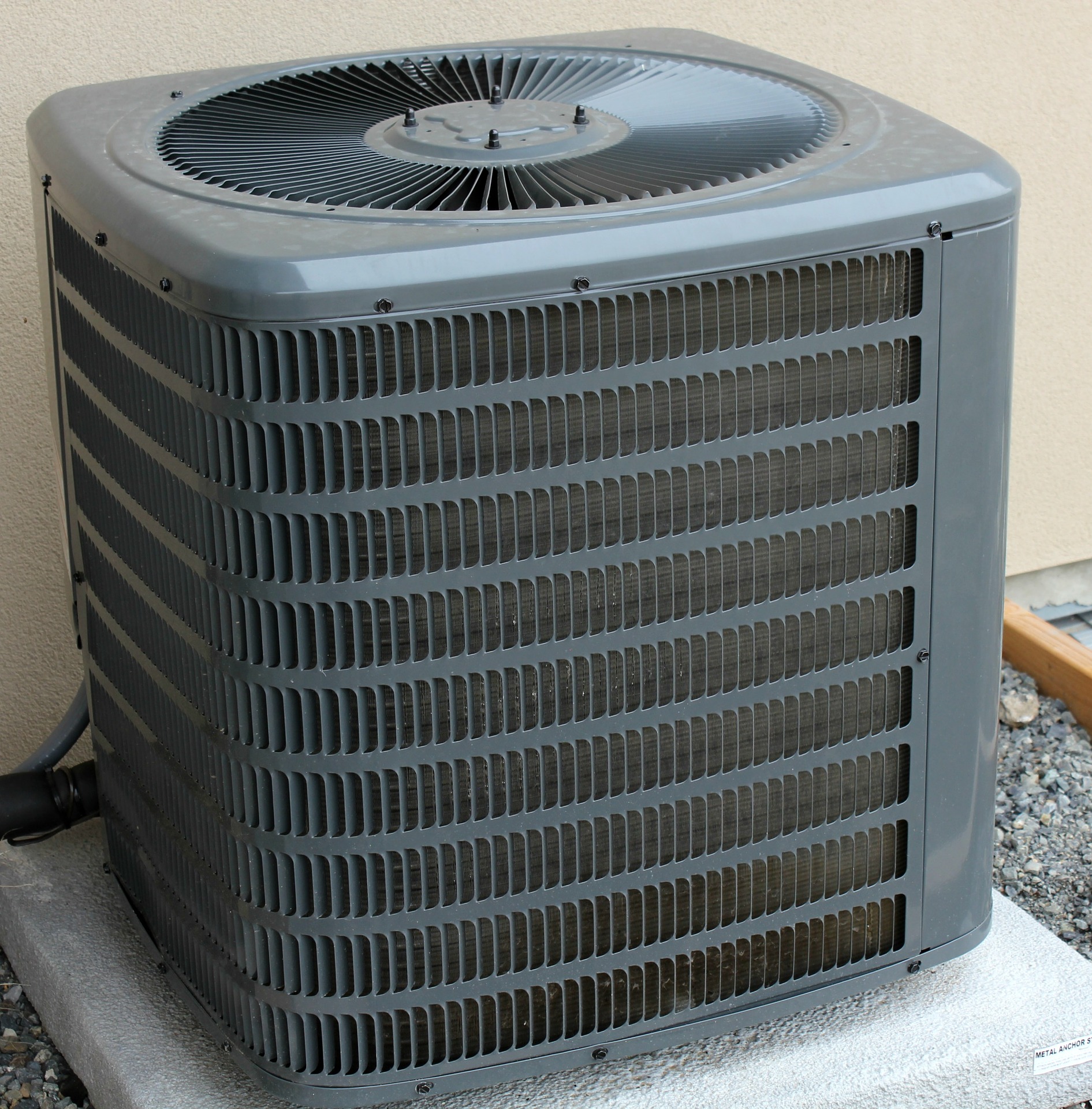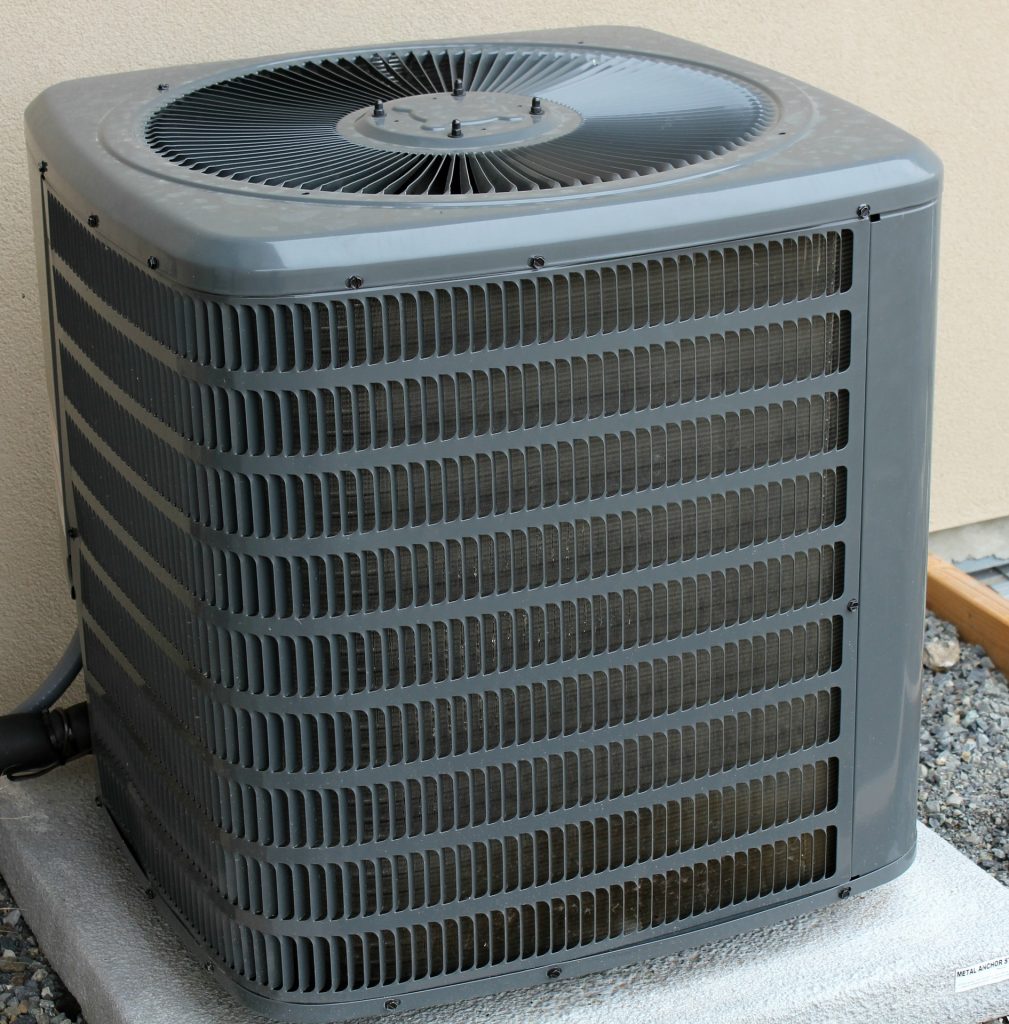
As a homeowner, you know that your property is a lifetime investment. It needs proper care and maintenance to remain standing for as long as possible. Sometimes, there are elements that we can’t see until it’s too late. Sewer problems are a primary cause of water damage to homes. While it may be difficult to prevent sewer problems, it is possible to know the different types and how they cause damage. This knowledge can prepare you for a day in the future when your sewer needs repair. Here are three sewer problems that homeowners face.
A slow dripping faucet often goes unnoticed until the noise becomes distracting. However, a leak in your sewer lines is hard to detect and often goes unnoticed. Most homeowners don’t know that a leak is present until there’s a pool of water or a moldy black spot. Sewer problems such as leaks cause major issues because they are tricky to locate. After you locate the leak and fix it, you still have to remediate any mold caused by it. To make sure that you completely repair the water damage, look for professionals with experience in flood restoration and mold remediation. Just because you clean up the water, doesn’t mean you’ve eliminated the mold. Any moisture in your walls, floors, or pipes will provide the perfect breeding ground for mold and mildew.
Let’s face it; nothing lasts forever, especially not sewer pipes. When it comes to sewer problems, corrosion is a common issue. As the pipes age, the material begins to break down, and the weight of the dirt causes the pipe or pipes to crumble. Of course, when this happens, you will notice a change in the flow of water to and from your home. In the worst cases, homeowners don’t realize a problem until sewage begins to leak from the pipes or backs up into the home. Water damage from a sewage backup can be difficult to clean up. You need to seek the help of a professional restoration company.
Tree roots seek out water, especially during dry seasons. As such, your sewer lines are the perfect target for them. Once they locate water from the sewer, they begin to break down sewer pipes to get the water that flows through them. Over time debris collects where the roots have grown, causing a clog in your sewer line. When left untreated, these types of sewer problems lead to water damage from sewage backup.
If root intrusion has clogged your sewer, you need to contact professionals to clear the debris and remove the roots. If you waited till after you had a sewer backup, then you will need to seek help with cleaning up the water damage. Sewage water poses all sorts of risks to your health and to the health of your home.
Sewer problems are a common occurrence and often lead to water damage in your home. If your sewer has backed up, or a leak has caused flooding or mold growth, you need professional help to clean up the mess. Contact American Fire and Water Restoration today. We have the knowledge and experience to help you get your home back to normal. Visit us online or call us at 847-503-0767 and get a free quote.


ClassicallyPrinted | Pixabay
During the summer months, you likely find yourself constantly turning on the air conditioner. This extra work can wear down your HVAC unit more quickly and result in leaks. So how do you prevent air conditioner leaking problems in the heat and stop water damage? Here are some tips for keeping your air conditioner up and running and prevent water damage during the summer heat.
You should always check your filters at least once a month. However, it is especially important to check your filters during the summertime. Your air conditioner circulates more dust and allergens during the summer months. If the dust and allergens cause your air filters to clog, then your HVAC unit will have to work twice as hard to push out cool air. Having a clogged filter can cause air conditioner leaking and water damage. Replacing your filters is one of the easiest and most effective ways to conserve energy and save money on your HVAC usage.
It may sound weird, but it is true. For your air conditioner to work properly, you want to keep your thermostat away from heat producing items, such as TVs, lamps, or direct sunlight. Your thermostat will sense the additional heat and will cause your HVAC unit to run more to compensate. The longer your air conditioner runs, the more likely it is that you will be dealing with air conditioner leaking.
A key to keeping your air conditioner from working overtime is to keep it in the shade. An A/C unit that is in the sun will have to work harder to cool the air down. However, if your HVAC unit is in the shade, the air is cooler so your unit will not have to work as hard to cool the air down.
In the summer you are always telling your kids that you are not trying to air condition the outside when they leave doors and windows open. But did you know that your cool air may be escaping even when the doors and windows are closed? The caulk around your doors and windows may have air leaks. In order to keep the cool air in, you will want to seal any air leaks with caulking and weather stripping. This will ensure your air conditioner is only cooling the inside of your home. Fixing air leaks keep your HVAC from running extra hard and prevent air conditioner leaking.
If you are dealing with an air conditioner leaking due to it overworking itself in the heat, then it is time to call the professionals. A leaky air conditioner can cause unwanted water damage to your home. If you are noticing water damage from your air conditioner, call the professionals at American Water & Fire Restoration. We take care of any water damage that you are dealing with. Give us a call today.